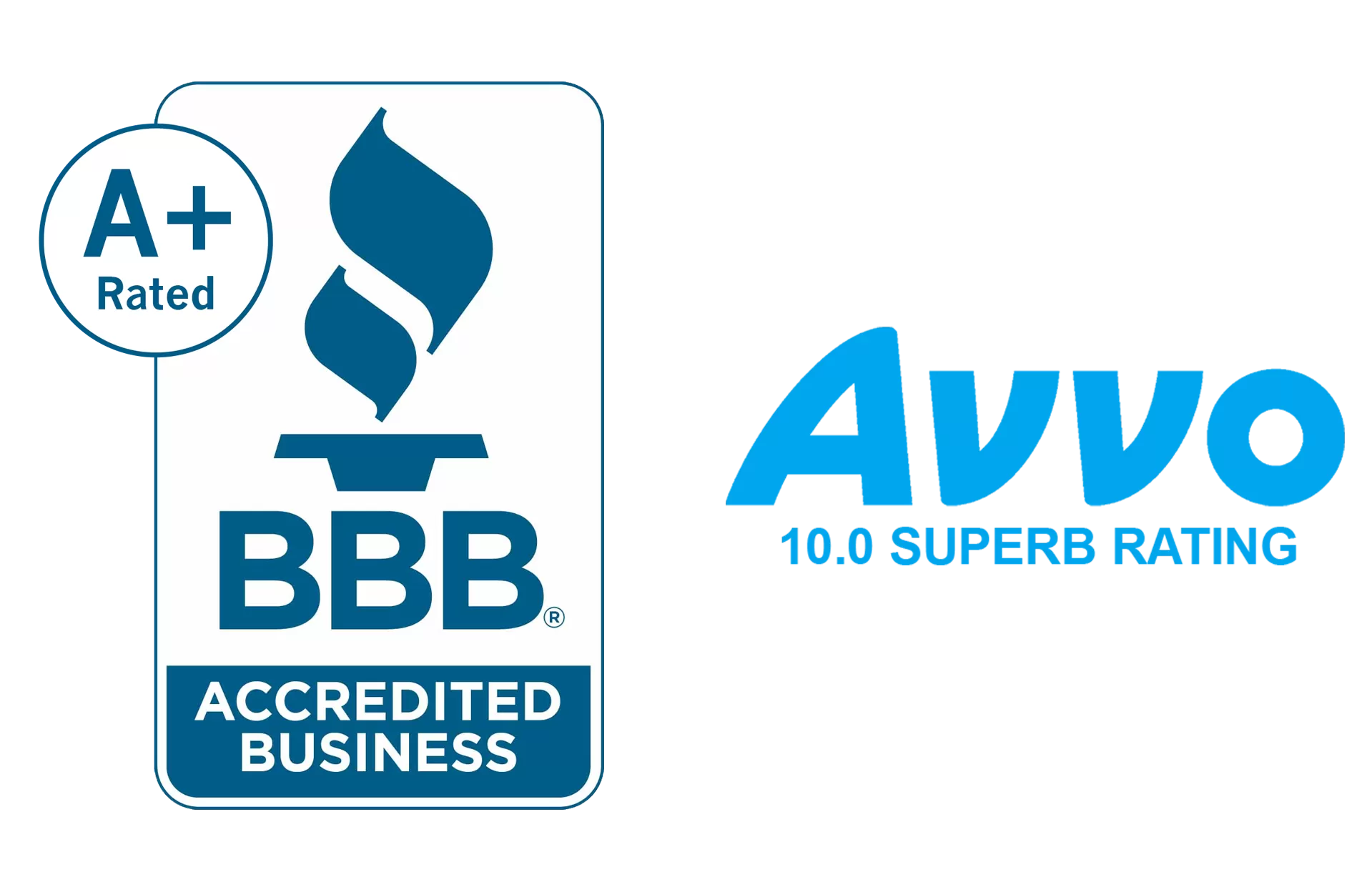Should you patiently wait for some type of legalizing reform? Or pursue benefits through DACA now? Many potential DREAMers are asking whether it would be wise to wait for the Immigration reform to pass and seek legalization, or to apply for DACA now. In recent weeks the Senate introduced their immigration bill, NO. S.744. This bill is not yet law. That means that the most straightforward answer to the posed question is: pursue DACA now. DACA is currently law. The Senate Bill is not. There is no guarantee that it ever will be. This makes a big difference. If for some reason reform does not pass, at least potential DREAMers are able to have work permits and ultimately, lawful status.
About the Bill:
In the event that the bill should pass, DREAMers who have already been granted Deferred Action will benefit the most. The bill proposes three pathways to earn legalization for the nation’s undocumented groups-(1) DREAMers, (2) Agricultural workers, and (3) for individuals who do not fit any of the three groups. For everyone but agricultural workers, the legalization process starts with seeking a new type of status provided by the bill: Registered Provisional Immigrant Status (RPI).
Benefits of the Bill for DREAMers:
For DREAMers, rather than waiting for the border trigger to be met, as other RPIs will be required to do, they may seek their green cards five years after receiving their RPI status. DREAMEers then can apply for the bill’s fast track permanent resident status by showing (1) they held RPI status for five years, (2) entered before the age of 16, (3) graduated from high school or its equivalent and (4) show that they pursued either higher education, or military service. The fourth element may possibly be waived.
After being approved for Legal Permanent Residency, the bill provides DREAMers the opportunity to apply for citizenship immediately upon receiving their green card, whereas other RPIs would have to wait three years before applying for naturalization. This means that once DREAMers have their RPI status, they may become U.S. citizens within 5 years, whereas other RPIs would have to wait 8 years or more. This is great news for DREAMers.
The Benefits of Obtaining DACA first:
The bill also provides a huge incentive for DREAMers to have first been DACA recipients. If the bill becomes law, it may take the Department of Homeland Security many months before it starts accepting applicants for RPI status, as forms need to be drafted, procedures established, and employees need to be trained. The benefit of having first been a DACA recipient is that DACA recipients may be able to become RPIs without first filing a new application. This would mean a shorter waiting time for RPI eligibility. The bill authorizes the Department of Homeland Security (DHS) authority to grant RPI status to a DACA recipient without the recipient first applying once (1) renewed national security and law enforcement clearances have been completed, and (2) the DACA recipient has not engaged in conduct (criminal conduct) that would make him or her ineligible for RPI status.
The bill would also be less expensive for previous DACA recipients applying through the DREAMer portion. The bill normally would require payments of up to $2,000 for filing fees in addition to attorney fees. However, DACA recipients would not have to pay that filing fee. In addition, those DACA recipients that were younger than 16 when they first entered the country will not have to pay the $1,000 penalty to receive the RPI status.
There is huge incentive to first becoming a DACA recipient prior to the passage of any immigration reform.
Mark Naugle is an immigration attorney for Higbee & Associates in Orange County, CA. He can be reached at (714) 617-8395.


